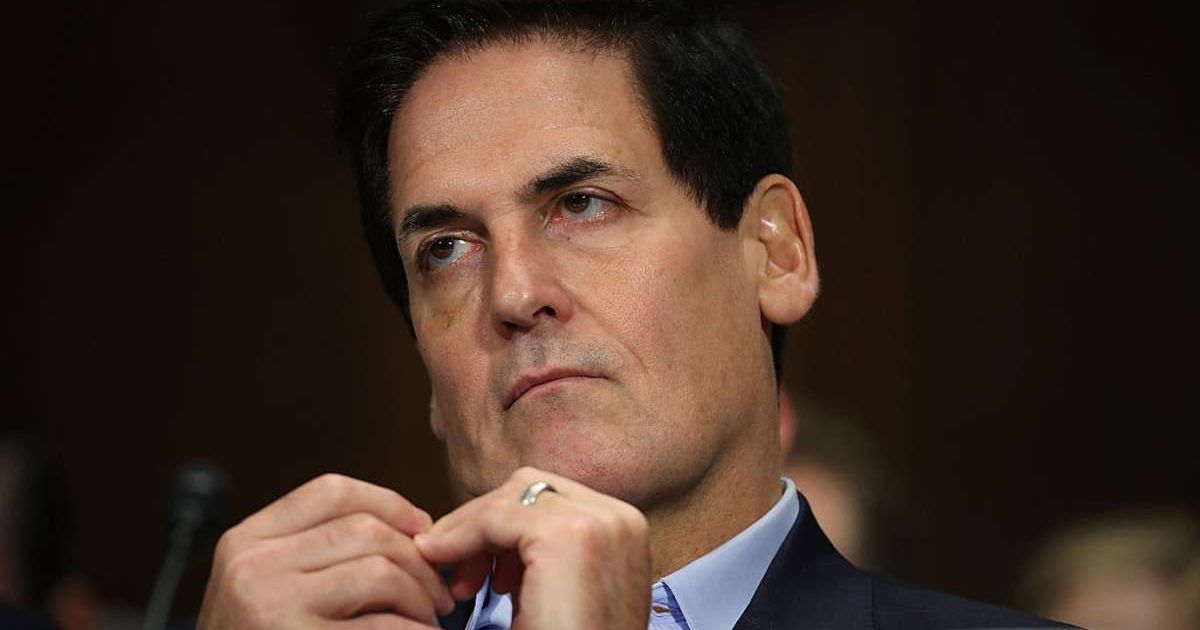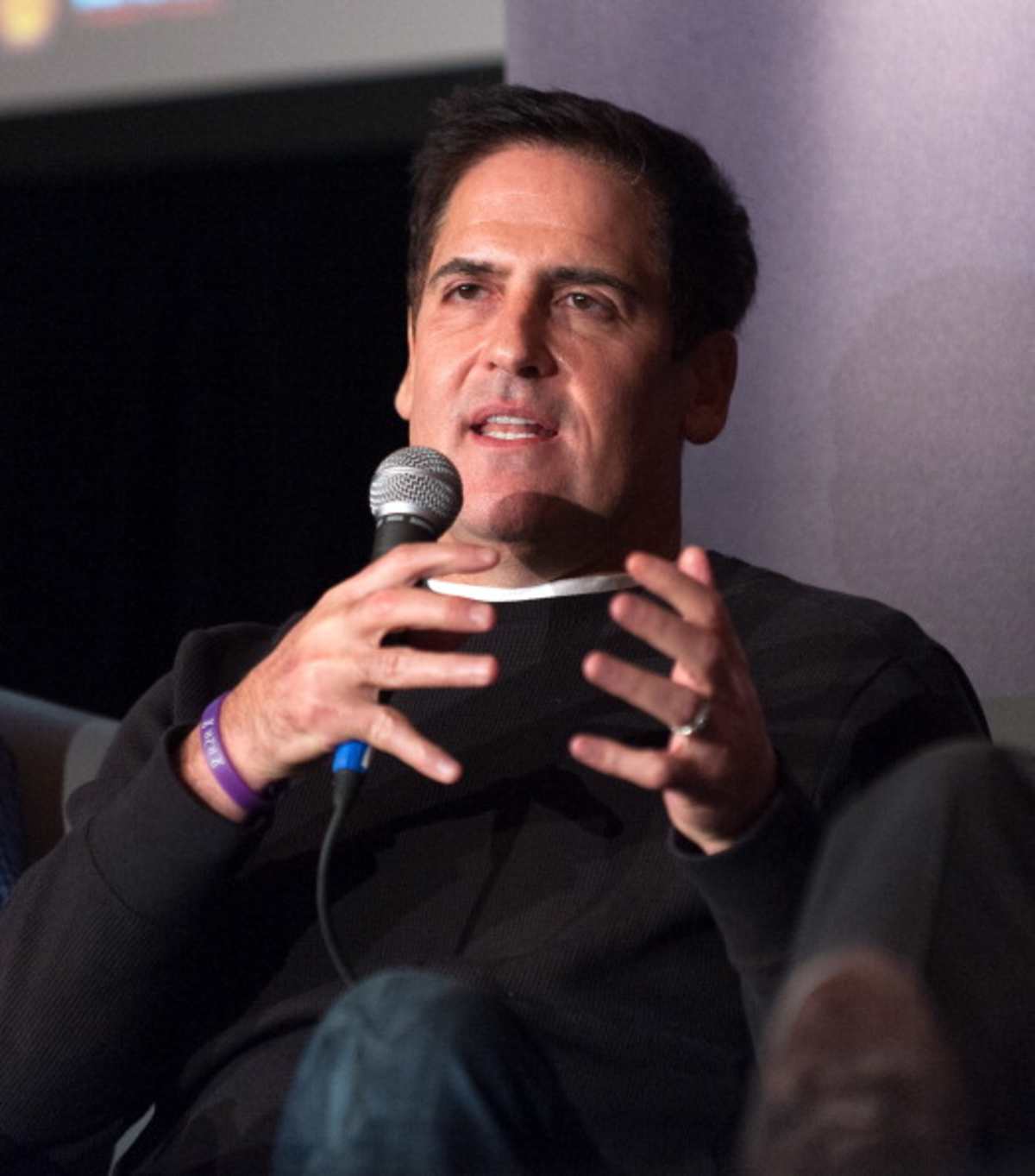Mark Cuban reveals the worst investment he's made on 'Shark Tank': "The money’s gone..."

This came as a surprise to many investors in the world of startups when billionaire Mark Cuban made the revelation of his worst 'Shark Tank' investment on the 'Full Send' podcast. The owner of the 'Dallas Mavericks,' known for his astute business acumen, identified the 'Breathometer' as his worst investment on the show. In 2013, entrepreneur Charles Michael Yim stepped into the 'Shark Tank' with what seemed like a revolutionary product: the 'Breathometer,' marketed as "the world's first smartphone breathalyzer." The pitch was simple and compelling: a small plastic device that could attach to your smartphone and measure blood alcohol content. The product even included a thoughtful safety feature that allowed users to call a cab with just one tap if their BAC was too high.
The presentation was so convincing that it became 'Shark Tank' history. "It was a great product," Cuban recalled later. Yim became the first entrepreneur on the show to secure investment from all five Sharks in a single deal. The Sharks collectively offered $1 million for a 30% stake, valuing the company at $3.3 million. Cuban took the largest piece of the investment, contributing $500,000 for a 15% stake.
But that dream deal quickly turned into a nightmare. Cuban's frustration became evident as he watched Yim's social media activities. "I'd look at his Instagram and he'd be in Bora Bora... Two weeks later, he'd been in [Las] Vegas partying, and then he'd be on Necker Island with Richard Branson," Cuban remembered, as per Fandom Wire. Then there were the responses he took as unsatisfactory every time Cuban confronted him. "I'd text him, like 'What the f--- are you doing? You're supposed to be working,'" Cuban stated, adding that Yim would explain that he was "networking." Cuban claimed the justification wasn't entirely convincing as the "next thing you know, all of the money’s gone."
Worst of Shark Tank
— TheWorstEver (@WorstEverStuff) December 30, 2023
1. Breathometer
Device that measures BAC and plugs into a smartphone. Sweet.
All 5 sharks invested! So, why is it the worst ever on Shark Tank?
After investing Mark Cuban had issues with the CEO that amounted to he said/he said. Let's ignore that.
Cuban… pic.twitter.com/5lZdNr2WAi
Things started to get a bit serious for him in 2016 when Yim decided to shift the focus toward developing a new product named 'Mint,' developed in partnership with Philips. The device could estimate the amount of sulfur compounds found in one's mouth because it helped in gauging the bad smell in one's breath. This was, however, just about to be the largest challenge for this original business of 'Breathometer.' In January 2017, the Federal Trade Commission (FTC) filed a complaint against Yim and 'Breathometer,' alleging customers were misled about the product's accuracy in measuring BAC. The firm faced grave allegations of claims without prior scientific backing. The company then settled with the FTC terms that included refunds for all customers who purchased the device.
Yim defended himself against Cuban's criticisms, telling CNBC that the comments were "completely off base." He said his social media presence shouldn't be taken at face value; he was actually making a successful business pitch to Richard Branson on Necker Island and became a finalist in the 2015 'Extreme Tech Challenge.' Yim did acknowledge one critical oversight: the failure to run rigorous product testing. In retrospect, he said the lack of adequate testing hindered the business more than his travel schedule. Now, neither 'Breathometer' nor its 'Mint' products can be found for sale on the website.

'Breathometer' stands as a cautionary tale for investors in the world of startups. Cuban later said that after investing almost $20 million across 85 startups on the show 'Shark Tank,' he had a net loss across all deals combined. He then softened that statement by saying that this loss was "only on a cash basis" and didn't include his ongoing investments' valuations. Recent updates suggest that there might be a silver lining available for the investors. According to Yim, their company has agreed to go to an acquirer, upon which the Sharks may finally recover some of their original investment. However, as of late 2024, the details of this acquisition remain undisclosed, leaving the final chapter of this cautionary tale yet to be written.










